Andrew Taylor, Microbiology Lab Supervisor
Rapid sterility testing is an alternative test method to USP Chapter <71>, which allows for shortened incubation times compared to the traditional sterility testing method. Where USP <71> requires between 14 and 18 days of incubation before a final test result, a rapid sterility test result can be generated after only 6 days of incubation. A reduction in test time of between 8 and 12 days offers a significant benefit when considering supply chain issues, product release schedules, and the timeliness of contamination investigations. The shortened incubation time is made possible by utilizing advanced technology designed to detect microbial growth much more quickly than visualized by the human eye.
ARL Bio Pharma uses the Celsis® rapid microbial detection system from Charles River, which is a growth-based sterility test that detects microbial contamination based on the presence of microbial Adenosine Triphosphate (ATP) in a sample. Because it is a growth-based test, it is more readily likened to the compendial USP <71> test which has been used for decades. Additionally, when comparing the Celsis® system to competing rapid sterility technologies, this method allows for the processing of multiple sample types (solutions, oils, suspensions, etc.), and because it does not require an additional filtration step of the test media, species-level identification can be performed in the event of a non-sterile test result. Rapid sterility using the Celsis® system replaces the subjectivity of the traditional sterility test with an automated assay, measured by an instrument, and the result is a numerical value which requires no interpretation by the analyst. One of the many reasons ARL chose the Celsis® system, is the test is initiated using the same methodology (i.e. closed membrane filtration) as a traditional sterility test. It was important for our laboratory to continue performing all sterility testing WITHOUT the utilization of open-membrane filtration (refer to "Open Vs. Closed Membrane Filtration System: Which One is Most Reliable for Sterility Testing" article), which is required by other rapid sterility technologies.
Perhaps the most important facet of a rapid sterility test is the completion of a thorough method validation protocol. The Celsis® system for rapid sterility testing has been validated by the vendor (Charles River) and numerous labs around the world. Product validations using the Celsis® system have been approved by regulatory agencies worldwide, including the FDA. ARL Bio Pharma’s validation strategy is based on direction in USP <1223> Validation of Alternative Microbiological Methods, which is referenced as an appropriate guidance by USP <797>. ARL’s validation protocol includes all required parameters listed in USP <1223> including specificity, limit of detection, and repeatability. Additional parameters were assessed including linearity and the recovery of stressed/injured microorganisms, which is considered imperative as injured microorganisms are more representative of potential contaminants that may be present in preparations tested.
As with USP <71> sterility testing, method suitability is required to determine whether any inhibitory or interfering properties are present in a drug product that may prevent the accurate detection of ATP. Method suitability testing shows that the rapid sterility test method is valid for the specific drug product and reduces the possibility of a false negative or false positive result. Interfering properties can vary between drug products and components of a drug product formulation. Active ingredients, inactive ingredients, preservatives, and vehicles can all produce interfering properties. This highlights the importance that method suitability testing is performed when any change is made to a formulation. Just as it is for traditional sterility testing, rapid sterility method suitability is formulation specific.
Rapid sterility testing, like the Celsis® system used by ARL Bio Pharma, offers numerous benefits compared to a traditional sterility test; most notably shortened incubation times and reduced subjectivity in results analysis. The wait for traditional sterility results may introduce unnecessary risk to the production process in the event of contamination, additional storage requirements, merchandise hold times, and delays to market. Charles River's Celsis® rapid sterility test performed by ARL Bio Pharma delivers results in just 6 days, allowing customers to quickly confirm the presence or absence of microbial contamination.
For more information on rapid sterility testing, contact us at info@arlok.com or 800-393-1595.
References
- USP <797> Pharmaceutical Compounding—Sterile Preparations
- USP <1223> Validation of Alternative Microbiological Methods
